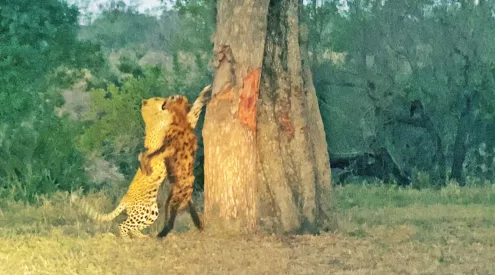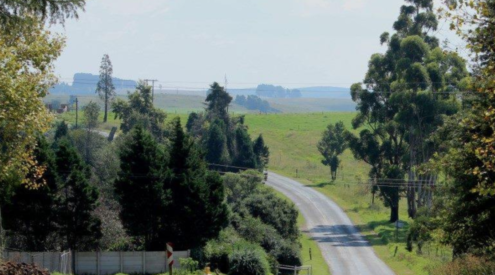Monika Grütters, the German Minister of Culture and the Media, announced in May that Germany would be returning artifacts to countries once looted during its colonial regime.
As a ‘statement of historical responsibility’, Monika Grütters announced that the sixteen federal states of Germany were in agreement that artifacts proven to have been looted by the nation’s imperial forebears would be returned to their respective nations.

Placed in 1486 on the western coast of what is today Namibia, the Stone Cross was once considered to be such an important navigation marker that it featured on old-world maps. Photo credit: Tobias Schwarz/AFP/Getty Images
The nearly 3.5-metre stone cross was erected on the coastline of what is now Namibia in 1486 by Diogo Cão, a Portuguese explorer. The cross was engraved with the Portuguese coat of arms, and inscriptions in Portuguese and latin. It became a prominent landmark, and was so useful as a navigational aid to approaching ships that today that section of coastline is called Cape Cross, now a protected area in Namibia for the largest breeding Cape fur seal colony.
The cross, known as a padrão, was pilfered by a German sailor in 1893, who took it back to Europe to give to Kaiser Wilhelm II. The kaiser commissioned a new cross to replace the pilfered one, this one with the empire’s eagle and inscriptions in German engraved on it instead. In Namibia it’s considered a national monument, but now stands metres apart from a Namibian-made replica of the Portuguese padrão from the 15th century.

‘The Colony’ at Cape Cross, a Highly Commended Getaway Gallery shot by Erlo Brown.
The original padrão is expected to be returned to Namibian soil from the Berlin-based German Historical Museum after a formal request issued by Namibia in 2017. This sparked an inquest into Germany’s colonial past, and the German Lost Art Foundation funded a million-Euro inquest into the matter, promising to research and investigate the ethnography of a number of artifacts and objects that still comprise Germany’s historical collections. The foundation was founded in 2015 and was initially responsible for repatriating art looted from the Nazi era. The latest project involves identifying items that were looted by Imperial Germany in the late 19th century from Africa, Asia, Australia and the Pacific nations.
According to the BBC, Namibian ambassador to Germany, Andreas Guibeb, commented that this news signified an ‘important as a step for us to reconcile with our colonial past and the trial of humiliation and systematic injustice that it left behind’.
Image: Tobias Schwarz/AFP/Getty Images














